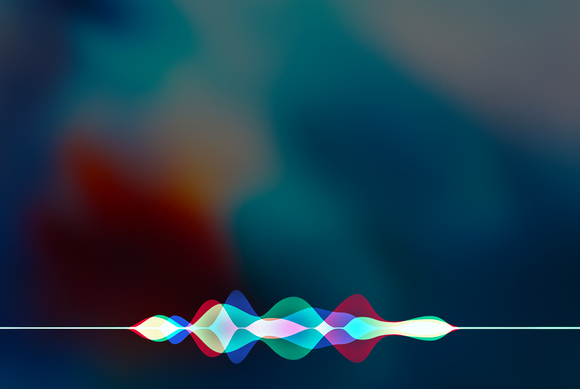Contents
Siri is on nearly every Apple device but the Mac, but its debut on the desktop has the potential to change everything.

That’s a long time in the making: Siri debuted on the iPhone 4s back in 2011—seems virtually ancient, doesn’t it? Since then, the voice-activated assistant has been a staple of Apple’s devices, migrating first to the iPad, and more recently to the Apple Watch early last year and the new Apple TV last fall.
But the Mac, Apple’s longest running product line, has been left out in the cold. It’s an odd choice, given that most Macs are plenty powerful to handle the computing needs of the virtual assistant. Meanwhile, there’s been competition from other quarters, such as Microsoft’s Cortana on Windows 10 (and even iOS) and Google’s voice search built into Chrome, Android…and even iOS.
That said, Siri’s late arrival on the Mac doesn’t make it an unwelcome one. I’m just hoping that it comes with some improvements.
Always on
According to the same report that heralded Siri’s inclusion in OS X, the Mac version will—like its iPhone counterpart—respond to “Hey Siri” when it’s plugged in. That’s good news for iMac users, since it means that Siri’s always available. As an Amazon Echo user, I know the benefits of having an always-on voice interface that you can use when your hands are full or you’re far away from your computer.
But I also have some worries, both in terms of software and hardware. For one, part of the reason that the Echo works so well is because it has an array of seven carefully tuned microphones designed to pick up your voice from far away. Most Macs, meanwhile, have limited ambient noise correction on their internal microphones—and most have only one mic, unlike recent iPhones, which use a second mic for noise cancelling. Hearing you say “Hey Siri” may be possible, but it remains to be seen how well your Mac’s internal mic will understand your query from across the room, or when there’s a lot of background noise.
Another potential wrinkle is that we have many devices that can potentially respond to “Hey Siri” these days, including iPhones, iPads, and the Apple Watch. Will Siri know, intelligently, which device to trigger when the phrase is used? Or will we instead be greeted by a chorus of Siri responses from all our various gadgets? While it may not make the first iteration, I’m hopeful this might lead to the ability to have customizable phrases to trigger Siri on different devices. (Okay, maybe I just want the Star Trek experience of calling my iMac “Computer.” Sue me!)
Talk to each other
I’d also like to see Apple make Siri more aware of all of our various devices, and in bringing the virtual assistant to the Mac, I’m hopeful that we’re one step closer to that being a reality. I’d like to be able to tell Siri to look something up on my Mac and send the result to my iPhone. Or have it tell my Apple TV to start playing a certain video.
More to the point, I’d like Siri to be a little smarter and, well, a little more assistant-like. For example, when I ask Siri “How long will it take me to get to my dentist appointment today?” it will tell me that I have an appointment at 3pm—but that’s not what I asked. It’s all the more surprising, since I know my calendar appointment has the location of my dentist appointment, and will pop up a notification when it’s time to go.
In short: Real assistants are good at synthesizing information. Siri, not so much.
Of course, that’s the hard part of programming a virtual assistant or AI: creating those links between different information, which the human brain does so naturally. I’m sure Apple’s engineers are hard at work on an even smarter Siri, but in the meantime it would be great if the company would make the assistant more aware of the information it already has.
The more, the merrier
Finally, many of us have long awaited some form of third-party extensibility for Siri. Might the integration with OS X at last provide a platform on which it makes sense to test that out? Despite the recent enforcement of restrictive features like sandboxing, the Mac platform has historically provided a much more open environment, and many of the concerns that one might have on a mobile platform—limited resources, locked-down security model, etc.—aren’t as much of a worry on a desktop or laptop.
I’d love to see Apple start to open up Siri to Mac developers, letting them integrate the virtual assistant with their applications. We don’t all do our email via Mail, our browsing via Safari, our writing in Pages, or our tweeting via the Twitter app. Letting third-party developers create hooks into Siri would open up the possibility for some great new implementations and innovation, just as it has for features like 3D Touch.
Siri on the Mac is full of possibilities and opportunities for Apple, developers, and users—just as long as the company decides to actually take a chance and not just give us a warmed over version of the Siri we already know.
[Source:- Macworld]

